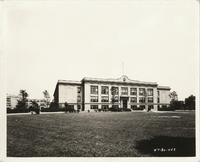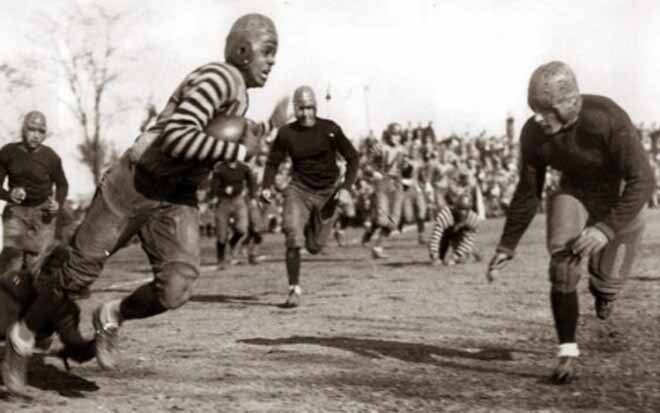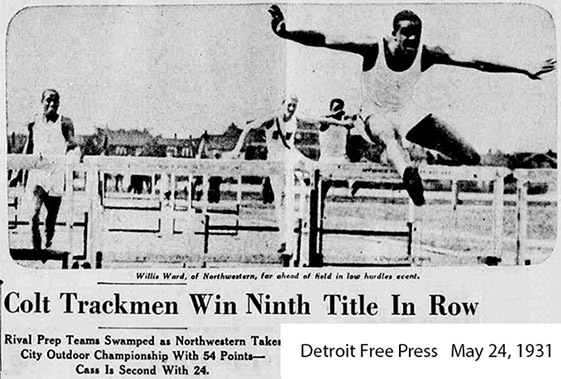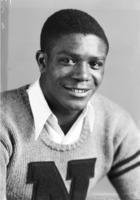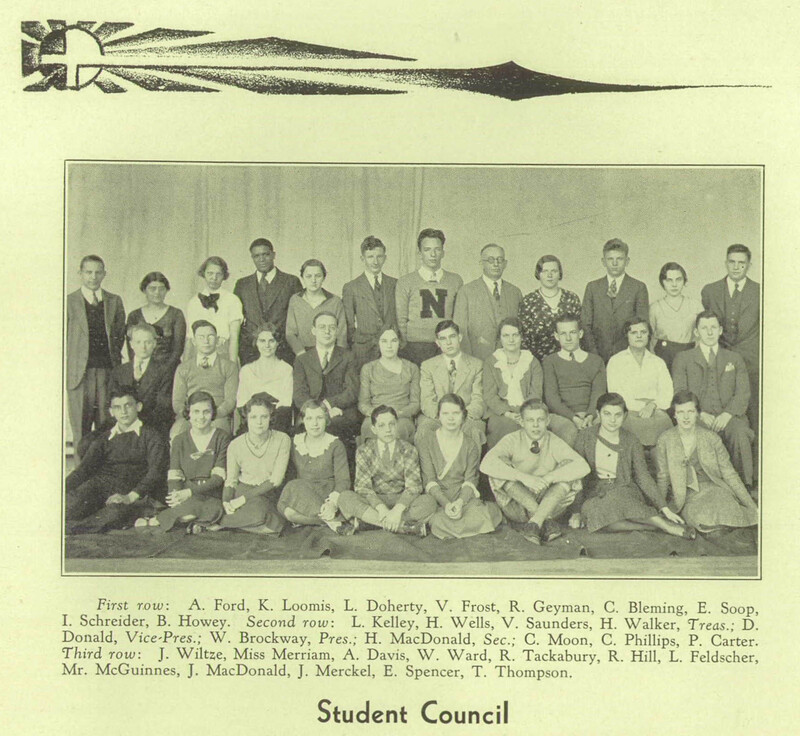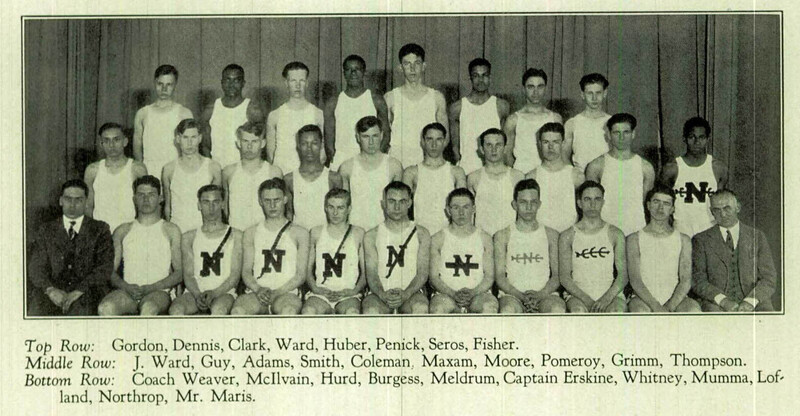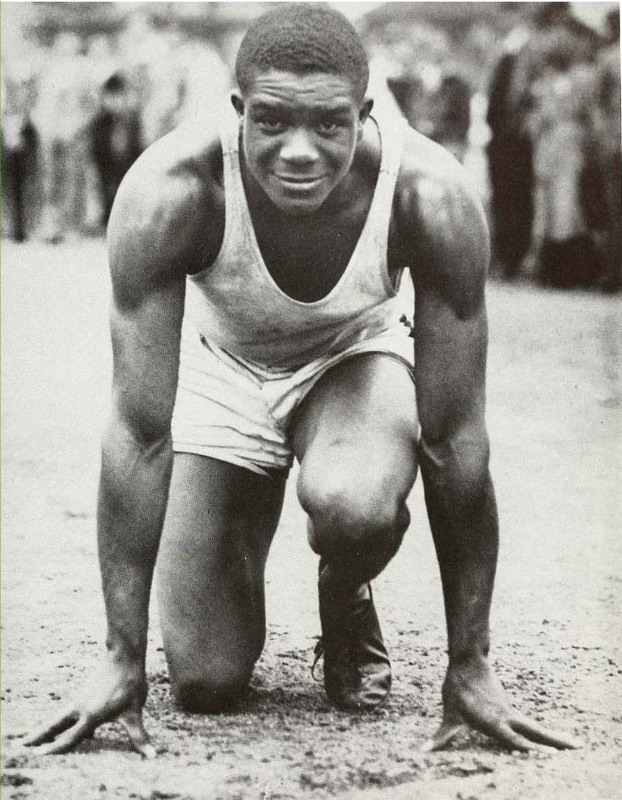High School Hero
Ward enrolled in Detroit’s Northwestern High School, then a predominantly white school, in 1926. He quickly established himself as a star on the football field, in track, and in the classroom. As a freshman, he finished second in the nation in the high jump.
He twice set interscholastic world records in the event, clearing 6 feet 6-1/2 inches as a senior. He set state records and won individual state titles in the high and low hurdles and the high jump.
All-State
In football, Ward was twice named all-city end and was a unanimous choice for the 1930 all-state team. Occasionally he was used as a ball carrier, often with spectacular results. Against Detroit Central in 1930, he scored on a 40-yard run off-tackle, a 22-yard end-around, and a 35-yard run.
State and City Champions
Ward led Northwestern to the State Class A Track and Field Championships in 1929 and 1930. In 1931, the Detroit City Championship Meet was held the same day as the state meet, so Ward was only able to compete in the former. He led Northwestern to its ninth consecutive city title, scoring 15 points with wins in both hurdles and the high jump.
After his final high school meet, the Detroit Times observed: “It is Willis Ward, called the greatest athlete to compete in Detroit schools, making his bow at the end of his high school career.”
A Top Student
Ward graduated near the top of his class—at a time when Northwestern rivaled Cass Tech, Detroit’s premier high school, in academic standing. Ward was nominated for senior class president, but withdrew and served as class treasurer instead. A classmate was quoted, “He could have owned the school if he'd wanted to.”
Ward recalled that he had always assumed he would go to college, though he would be the first in his family to do so. Northwestern coach Sam Bishop and other helpful teachers recognized his academic talent and guided him to the college prep program.
The only question was where he would go. And since he wanted to play football, the University of Michigan did not seem to be an option for an African American athlete.
Sources: John Behee, Willis Ward, Football, 1932–1934; Track, 1933–1935 [interviews], 1970; Willis Ward papers (Detroit Public Library); Detroit News, Detroit Free Press, Norwester yearbook.

